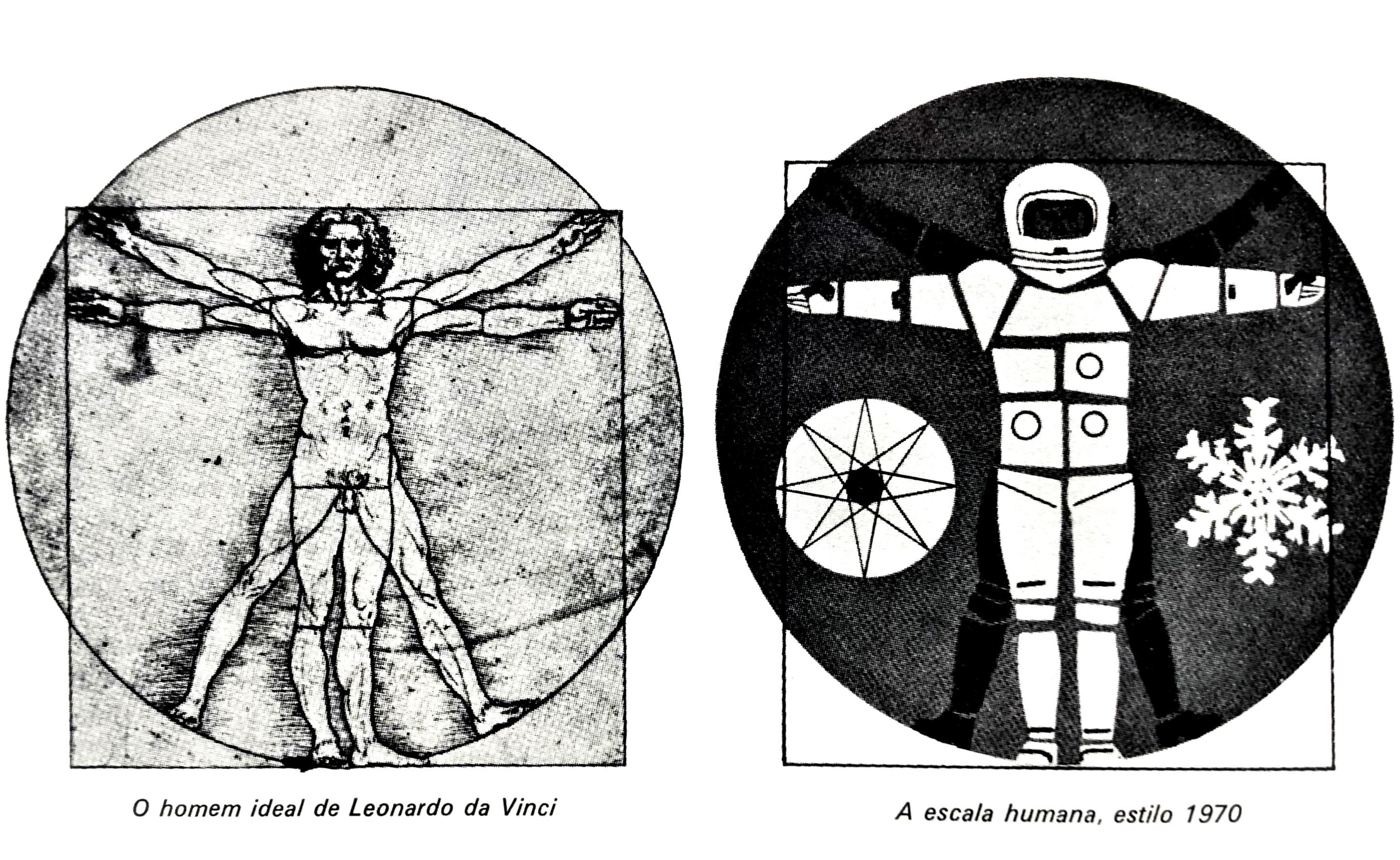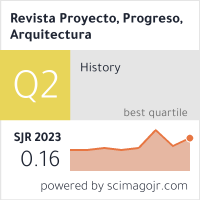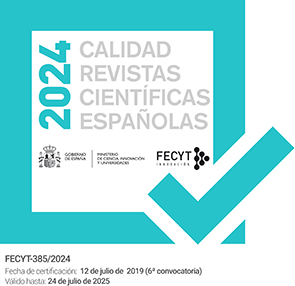THE SIXTIES, UTOPIA AND EVERYDAY LIFE: DISRUPTIVE PROCESSES
DOI:
https://doi.org/10.12795/ppa.2022.i27.15Keywords:
The Sixties, futuristic architecture, utopia, everyday life, social movements, cityAbstract
The PpA’s issue 27 intends to reflect on the words and works of a generation of architects that experienced the contradictions and profound transformations —ideological, social, and cultural– that marked the 1960s. In a time of great demographic and territorial pressure, but also of prodigious technological development, epitomised by space exploration, architects pursued visionary solutions for a distant future, seeking to answer the problems of urban organization and habitat in the face of an everyday environment of increasing alienation.
The essays assembled here inquire on the methods and discourses through which architects reconsidered the disciplinary dilemmas and tensions generated by the city and the crisis of existing collective housing models. From idealistic visions to the crudeness of the market, from the rhetoric of the debate to polarizing figures, from modular systems to the production of urban megastructures, the themes addressed here function as very different entry points for the inquiry of disruptive processes in the architecture and urbanism of this period.
Downloads
References
BARATA, J. P. O futuro da arquitectura segundo Dennis Sharp. Em: Arquitectura. Lisboa: s.e., maio-junho 1970, n.º 115, pp. 91-93.
JUDT, Tony. Postwar: A History of Europe Since 1945. London: Vintage, 2010. ISBN 9780099542032.
SHARP, Dennis. O futuro da arquitectura. Em: Arquitectura. Lisboa: s.e., março-abril 1970, n.º 114, pp. 51-61.
TÁVORA, Fernando. O encontro de Royaumont. Em: Arquitectura. Lisboa: s.e., julho 1963, n.º 79, p. 1.

Published
How to Cite
Issue
Section
License
Las ediciones impresa y electrónica de esta Revista son editadas por el Secretariado de Publicaciones de la Universidad de Sevilla, siendo necesario citar la procedencia en cualquier reproducción parcial o total.
Salvo indicación contraria, todos los contenidos de la edición electrónica se distribuyen bajo una licencia de uso y distribución “Creative Commons Atribución-NoComercial-SinDerivar 4.0 Internacional” ![]() . Puede consultar desde aquí la versión informativa y el texto legal de la licencia. Esta circunstancia ha de hacerse constar expresamente de esta forma cuando sea necesario.
. Puede consultar desde aquí la versión informativa y el texto legal de la licencia. Esta circunstancia ha de hacerse constar expresamente de esta forma cuando sea necesario.
Los autores/as que publiquen en esta revista aceptan las siguientes condiciones:
- Los autores/as conservan los derechos de autor y ceden a la revista el derecho de la primera publicación, con el trabajo registrado con la licencia de atribución de Creative Commons, que permite a terceros utilizar lo publicado siempre que mencionen la autoría del trabajo y a la primera publicación en esta revista.
- Los autores/as pueden realizar otros acuerdos contractuales independientes y adicionales para la distribución no exclusiva de la versión del artículo publicado en esta revista (p. ej., incluirlo en un repositorio institucional o publicarlo en un libro) siempre que indiquen claramente que el trabajo se publicó por primera vez en esta revista.
- Se permite y recomienda a los autores/as a publicar su trabajo en Internet (por ejemplo en páginas institucionales o personales) antes y durante el proceso de revisión y publicación, ya que puede conducir a intercambios productivos y a una mayor y más rápida difusión del trabajo publicado (vea The Effect of Open Access).








